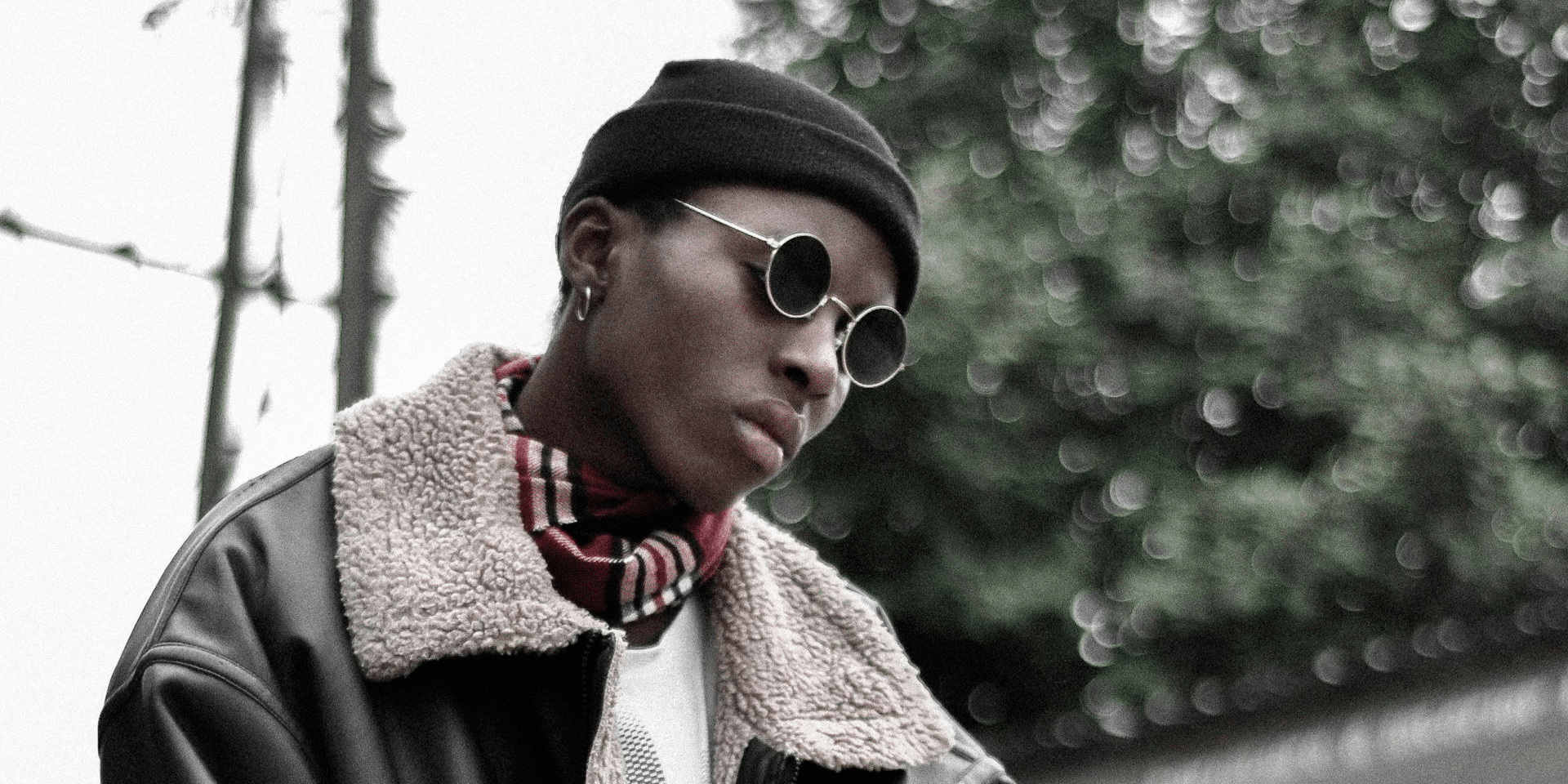How Have Black Music Genres Evolved Over Time?
Black music genres have profoundly influenced the soundscape of modern music across the globe. From gospel to hip-hop, jazz to R&B, the contributions of Black musicians are integral to the development of popular music. The journey of these genres is not just about the evolution of sounds but also about the cultural movements and historical events that shaped them. But how exactly did Black music genres evolve?
Read Also: Why Classic Movies Are Always Worth Rewatching
What Role Did African Roots Play in Black Music?
To understand the evolution of Black music genres, it’s essential to first recognize the deep roots in African musical traditions. When African slaves were brought to the Americas, they brought their rich musical heritage with them. African rhythms, call-and-response vocals, and a focus on communal music-making played a pivotal role in shaping early Black music in the United States.
In the early years of slavery, music became a form of resistance and expression, with spirituals and work songs offering solace and solidarity. These early forms of music were steeped in African traditions, yet also began to blend with European styles. This fusion laid the foundation for the development of genres like blues and jazz.
How Did the Blues Influence Other Black Music Genres?
One of the most significant genres to emerge from Black musical traditions was the blues. Originating in the Mississippi Delta in the late 19th century, blues music was born from the harsh realities of life in the South. African American musicians used the blues to express their struggles, emotions, and experiences, often with simple yet powerful melodies.
The blues had a profound influence on the development of many other genres of music. Rock and roll, jazz, and rhythm and blues (R&B) all owe much of their foundations to blues music. Artists like Robert Johnson and Bessie Smith helped to popularize the blues, while others, such as Muddy Waters and Howlin’ Wolf, further shaped its sound, taking it from rural America to urban centers.
What Is the Connection Between Jazz and Black Culture?
Jazz, which emerged in the early 20th century in New Orleans, is another genre that has strong ties to Black cultural traditions. Like the blues, jazz grew from a blend of African rhythms and European musical influences. However, jazz brought an emphasis on improvisation and individual expression, which set it apart from earlier musical styles.
Jazz became a symbol of the Harlem Renaissance, a period in the 1920s when Black culture, arts, and intellectual movements flourished. During this time, jazz musicians such as Duke Ellington, Louis Armstrong, and Charlie Parker introduced complex melodies and rhythms that changed the face of American music forever. Jazz’s influence extends far beyond the genre itself, impacting rock, R&B, and even hip-hop.
How Did Rhythm and Blues (R&B) Shape the Music Industry?
By the mid-20th century, rhythm and blues (R&B) became one of the most popular genres in the United States, providing a bridge between the blues and modern pop music. R&B brought a focus on soulful vocals and infectious rhythms, often infused with elements of gospel music.
The genre reached new heights with artists like Ray Charles and Sam Cooke, whose powerful vocals and emotional delivery helped redefine the boundaries of popular music. By the 1960s, R&B was closely tied to the growing civil rights movement, with songs expressing themes of empowerment and freedom. R&B eventually morphed into soul music, thanks in part to artists like James Brown and Aretha Franklin, whose performances became iconic in both the music world and beyond.
How Did Hip-Hop Emerge as a Dominant Genre?
In the 1970s, a new genre began to emerge from the urban streets of New York City: hip-hop. This genre was born out of the culture of block parties, where DJs would break down songs and create new rhythms with turntables. Hip-hop music, initially centered around DJing and breakdancing, quickly expanded to include rapping, which became the genre’s most recognizable feature.
Artists like Grandmaster Flash and DJ Kool Herc were pioneers of the early hip-hop scene, while later figures such as Run-D.M.C., Tupac Shakur, and The Notorious B.I.G. brought the genre to mainstream prominence. Over time, hip-hop evolved into one of the most influential genres in the world, shaping not just music, but fashion, language, and culture. Hip-hop also provided a platform for social and political commentary, reflecting the experiences of Black communities in the U.S. and around the world.
What Impact Has Black Music Had on Global Music?
The impact of Black music on global music cannot be overstated. From the blues and jazz to R&B and hip-hop, Black musicians have set the tone for the sound of modern music. These genres have crossed borders, influencing musicians and listeners worldwide.
In addition to musical influence, Black artists have often been at the forefront of social change, using their platforms to address issues such as racism, inequality, and social justice. Music has served as a powerful tool for activism, giving voice to marginalized communities and sparking conversations around critical issues. As a result, Black music genres have shaped not just entertainment, but also culture and politics globally.
Read Also: Music That Unites: Why It’s the Universal Language
How Is the Future of Black Music Genres Shaped?
As we move forward, Black music genres continue to evolve. New artists are blending genres, creating innovative sounds that push the boundaries of what music can be. Contemporary Black artists like Kendrick Lamar, Beyoncé, and Solange continue to redefine the genres they represent, using their music as a form of cultural expression, activism, and artistic experimentation.
The future of Black music will likely be characterized by further cross-genre collaborations, with elements of hip-hop, R&B, jazz, and even electronic music coming together in fresh and exciting ways. Technology also plays a key role in how music is created and shared, providing new avenues for Black musicians to reach global audiences.








